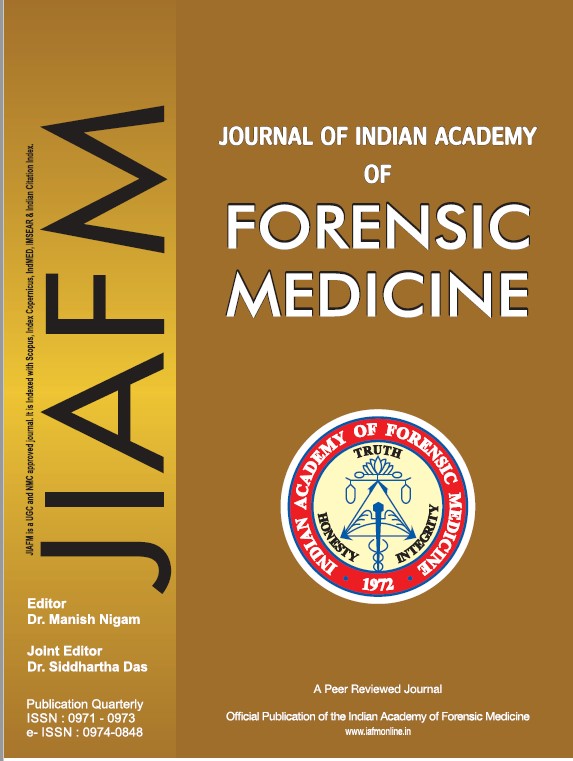Artificial finger with dental alginate impression material can fool the sensor of various finger print systems
Keywords:
Artificial alginate finger, Biometric spoofing, Fingerprint, ScannerAbstract
Most of the offices, institutes and banking sectors currently use finger print biometrics in order to validate a person's identity. The current biometric system employs the uniqueness of the individual's fingerprints for daily attendance register, bank transactions & security measures for opening personal computers and mobiles. So it is a potential threat to security and banking, if biometric machines are deceived by an artificial finger. Twenty fingerprints from different individuals were first registered in various types of fingerprint scanners having optical and capacitive sensors. Then, twenty counterfeit artificial fingers containing the artificial fingerprints of the individuals were prepared using alginate. The potential of these artificial fingers to deceive the biometric devices was compared with the sample fingers taking quality of image, matching score and time taken for matching as comparison parameters. Results showed that artificial fingers with alginate material were successfully accepted by both optical and capacitive fingerprint devices. To conclude, finger print device can be easily deceived by artificial alginate finger. So, adjunctive identification methods should be developed to secure personal data.


